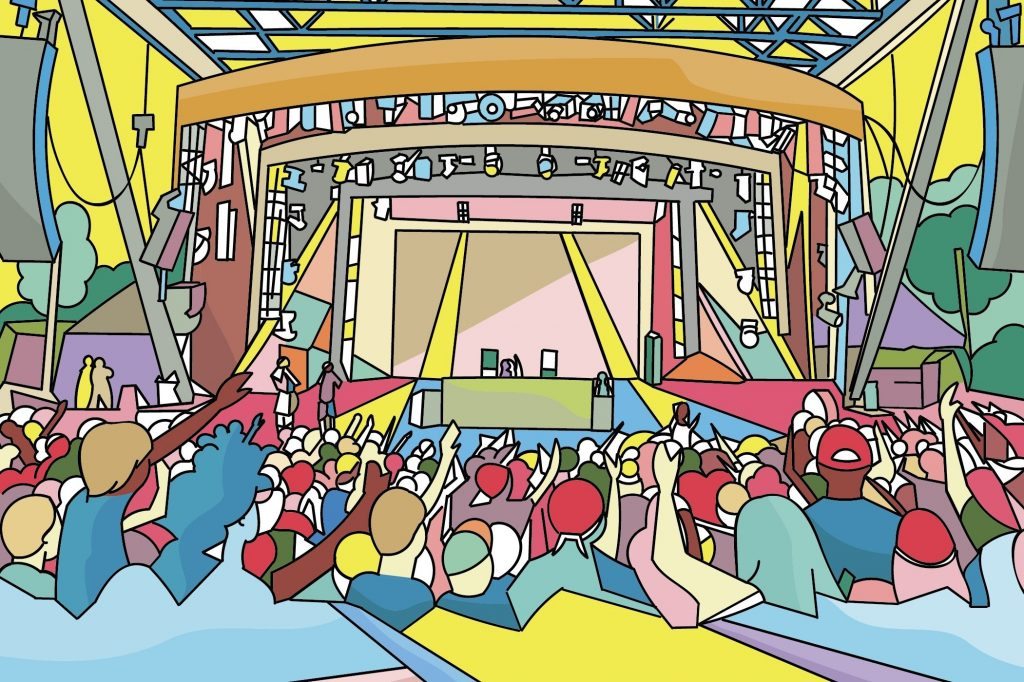Travel Megatrends 2017: Festivalization of Meetings and Events

Skift Take
Conference organizers are developing more multidisciplinary programming that pulls from both the business and creative industries, creating a new convergence of experiences that help brands plug into business events in more ways.
[caption id="attachment_212320" align="alignright" width="240"] Download your copy of Skift Megatrends 2017[/caption]
Last week we released our annual travel industry trends forecast, Skift Megatrends 2017. You can read about each of the trends on Skift, or download a copy of our magazine here.
Download Your Copy of Skift Megatrends 2017
This Megatrend is brought to you in partnership with Four Seasons.
At the South by Southwest Conference & Festival 2016 (SXSW) in Austin, attendees were having two-way conversations with human-looking Japanese robots to showcase the newest innovations in artificial intelligence.
Anthony Bourdain spoke about food, fear, and the future of travel; President Obama called on the civic-tech community to change the world; and Drake and Iggy Pop played to packed, albeit very different, a
